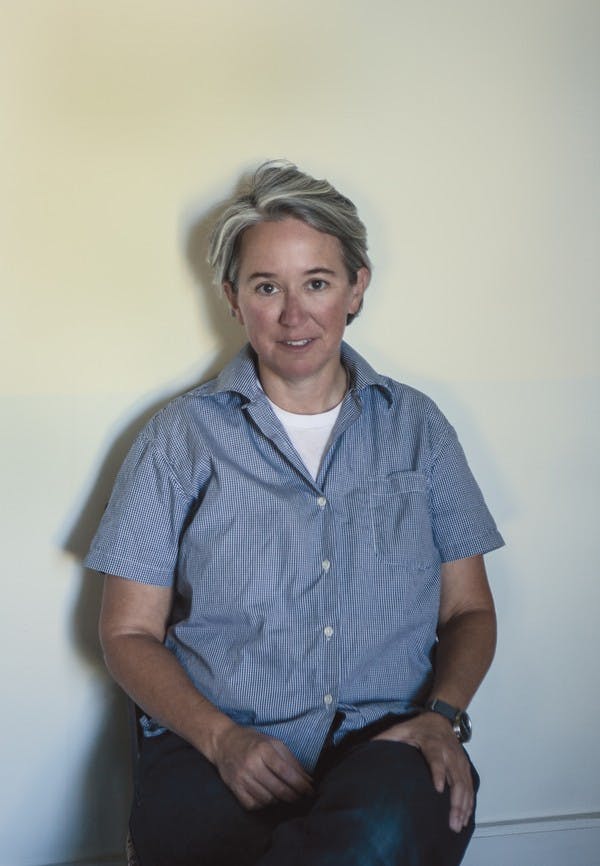
You organized supporters in a very different way than Obama did. How come?
We had a lot of people across the country willing to volunteer, but we didn’t have a lot of money in the early days. So we said, “What if we use all these consumer technologies—like Slack and Google apps—to turn volunteers into the staff of the campaign?” We built a virtual call center that allowed volunteers to organize their own phone banks and call Bernie supporters in key states.
Was this a system you devised on the fly?
It started with what we were using to organize ourselves in the office. We learned that even if people didn’t understand how to use Slack, they wanted Bernie to win so much that they were willing to go outside their comfort zone, learn a new technology, and teach it to others.
Did it work?
We gained so many volunteers, we needed to give them other things to do—an amazing challenge to have. In Iowa, the campaign was using text messaging to communicate with volunteers, and we said, “Hey, we can use that at a huge scale.” That’s how we grew the Text for Bernie program to organize millions of supporters. At its height, we had over a thousand volunteers each texting 100 to 200 Bernie voters on election days.
Was there a moment when you all looked at each other and went, “Holy shit, this is actually working”?
I remember when volunteers, totally independent of the campaign, made a video saying that people needed to get off social media and start contacting voters. The fact that the under-25 crowd understood that Facebook doesn’t win elections—that was amazing to me.
Is there anything you would do differently, with the benefit of hindsight?
I would give volunteers direct access to the voter file list—and the ability to canvass and start making phone calls in their own communities—many, many, many months before people were able to vote. That kind of organizing could have changed the outcome in some states.
Is this going to be how campaigns are run in the future?
The Bernie revolution doesn’t depend on Bernie’s staff in Vermont. What matters is the communities of volunteers who continue to talk to each other. We’re putting together a playbook for organizers who want to use the Bernie model. Volunteers can take these rules and share what we learned and iterate on it and customize it for different fights. That’s the most important work we can do—not set up shop as paid consultants like a lot of campaign workers do. We really want to open source all that we learned.
What’s your biggest worry about the Clinton campaign, going forward?
I’m really hoping they do what it takes to turn out voters in this election. We need to crush Trump. If he isn’t beaten very, very badly, then in 2018 we’re going to have a bunch of Trump copycats running at all levels, and we’ll be tied up trying to defeat them.
What’s the main thing Democrats should learn from Bernie’s campaign?
They have to give activists a reason to get involved. There’s this huge latent capacity in the grassroots that’s largely untapped by campaigns. People are just waiting to be asked to do something big.
